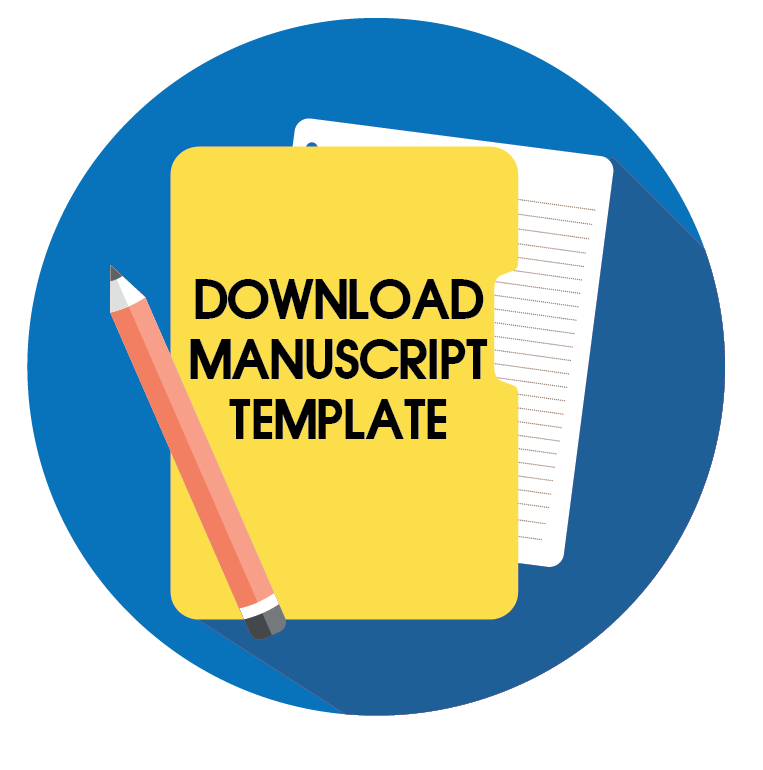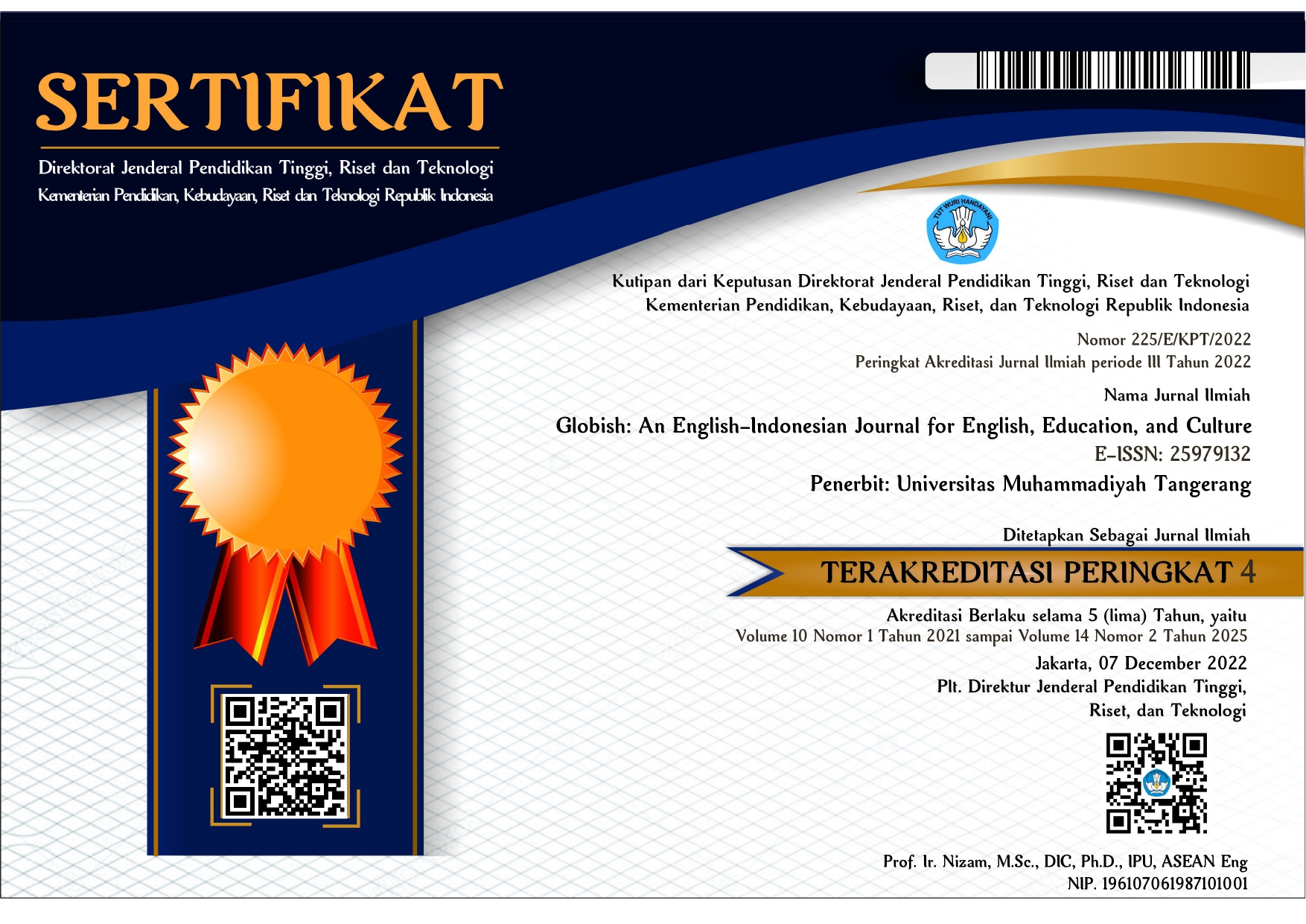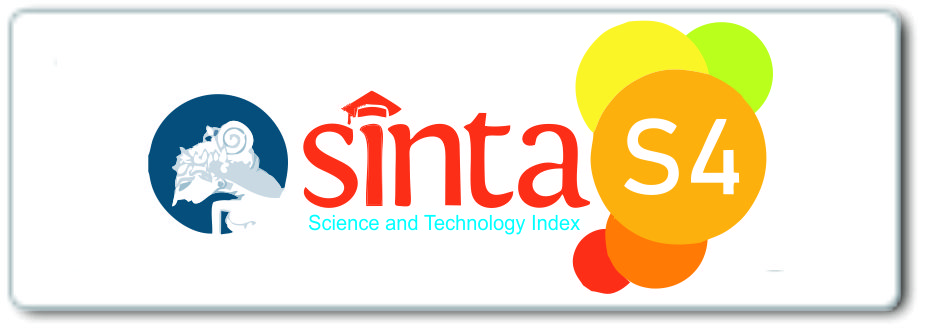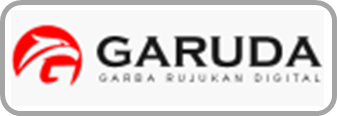AN ANALYSIS OF CODE MIXING IN A BILINGUAL LANGUAGE ACQUISITION
Abstract
Abstract
In studies of bilingual language acquisition, code-mixing refers to a developmental stage during which children mix elements of more than one language. Nearly all bilingual children go through a period in which they move from one language to another without apparent discrimination. This differs from code-switching, which is understood as the socially and grammatically appropriate use of multiple varieties. Whether we aware or not, in daily life conversation children under 4 years old who live in a bilingual family often produce utterances that combine elements of both (or all) of their developing languages. Some linguists suggest that this code-mixing reflects a lack of control or ability to differentiate the languages. Others argue that it is a product of limited vocabulary; very young children may know a word in one language but not in another.
This study looks closely at code- mixing in early bilingualism of Javanese and Bahasa Indonesia. The name of the subject is Thomas Maulana, he is 4 years old. From birth, he has been addressed with two languages by his family members. Thomas’ parents used Javanese as their first language in their home and they used Bahasa Indonesia as their second language to communicate in their environment. From the data, estimation of exposures of the two languages towards Thomas at home was calculated. The most used language at home is 80% Javanese and the least is 20% Bahasa Indonesia.
Based on the data collected, the researcher got the result that the use of two languages in a bilingual language acquisition gives influence towards Thomas language development. As the researcher observed Thomas produced more mixed language sentence in his daily conversation, especially when he has conversation in Bahasa Indonesia. He tends to mix more language when he speaks in Bahasa Indonesia than when he speaks in Javanese. As shown in the data that the most used language at home is 80% Javanese and the least is 20% Bahasa Indonesia. It is clear that the use of Javanese in Thomas’ language sentence was more dominant than Bahasa Indonesia.
Keywords: Code Mixing, Bilingual, Language Acquisition
Full Text:
PDFReferences
REFERENCES
Asy’ari, Rodli. (2009). A Descriptive Study on Indonesian-English Code Mixing Used in Islamic Printed Media. Surakarta: Unpublished Research Paper.
Ayeomoni, M.O (2006) Code Switching and Code Mixing: Style of Language Use in Childhood in Yoruba Speech Community. Nigeria: Obafemi Awolowo University
Bogarde, Van Den & Baker (2006) Codemixing in Signs and Words input to and Output from Children. Amsterdam: John Benjamin
Chaer, Abdul (2003). Linguistik Umum. Jakarta: Rineka Cipta
Callhavid. Code Switching atau Code Mixing? http://Callhavid.wordpress.com/2010/ (Retrieved on 9 January 2011 at 10.42).
D’Achierno, Maria Rosaria (1990) Three Types of Bilingualism. Italy: Instituto Universitario Orientale
Henscyber (2009). Sosiolinguistik: Campur Kode dan Alih Kode. http://www.infoskripsi.com/Artikel-Penelitian/Artikel-Skripsi-Code-Switching-and-Code-Mixing.html (Retrieved on 9 January 2011 at 10.42).
Holmes, Janet (1994) An Introduction to Sociolinguistic. New York: Longman
Hoffman, C. (1991). An Introduction to Billingualism. New York: Longman
Ho, Yee.(2007) Code Mixing: Linguistic Form and Socio-Cultural Meaning. Hongkong: Lingnan University
Steinberg, Laurence (2001). We Know Something: Adolescence – Parent Relationship in Retrospect and Prospect. Journal of Research on Adolescence
Syukur Ibrahim, Abdul & Suparno. 2003. Sosiolinguistik. Jakarta: Pusat Penerbitan Universitas Terbuka.
Yufrizal, Hery. (2008). An Introduction to Second Language Acquisition. Bandung: Pustaka Reka Cipta.
Yusuf, Yunisrina Qismullah (2009) A Pragmatic Analysis of Teacher’s Code Switching in Billingual Classroom.
Wardaugh, Ronald (1986). An Introduction to Sociolinguistic. Oxford: Basil Blackwell
DOI: http://dx.doi.org/10.31000/globish.v7i1.846
Article Metrics
Abstract - 6377 PDF - 1365Refbacks
- There are currently no refbacks.
Globish
Program Studi Pendidikan Bahasa Inggris
Fakultas Keguruan dan Ilmu Pendidikan
Universitas Muhammadiyah Tangerang
Jl. Perintis Kemerdekaan I/33, Cikokol
Kota Tangerang, Indonesia
e-mail: globish_journal@umt.ac.id
Globish (p-ISSN: 2301-9913 | e-ISSN: 2301-9913) is licensed under a Creative Commons Attribution-ShareAlike 4.0 International License.









